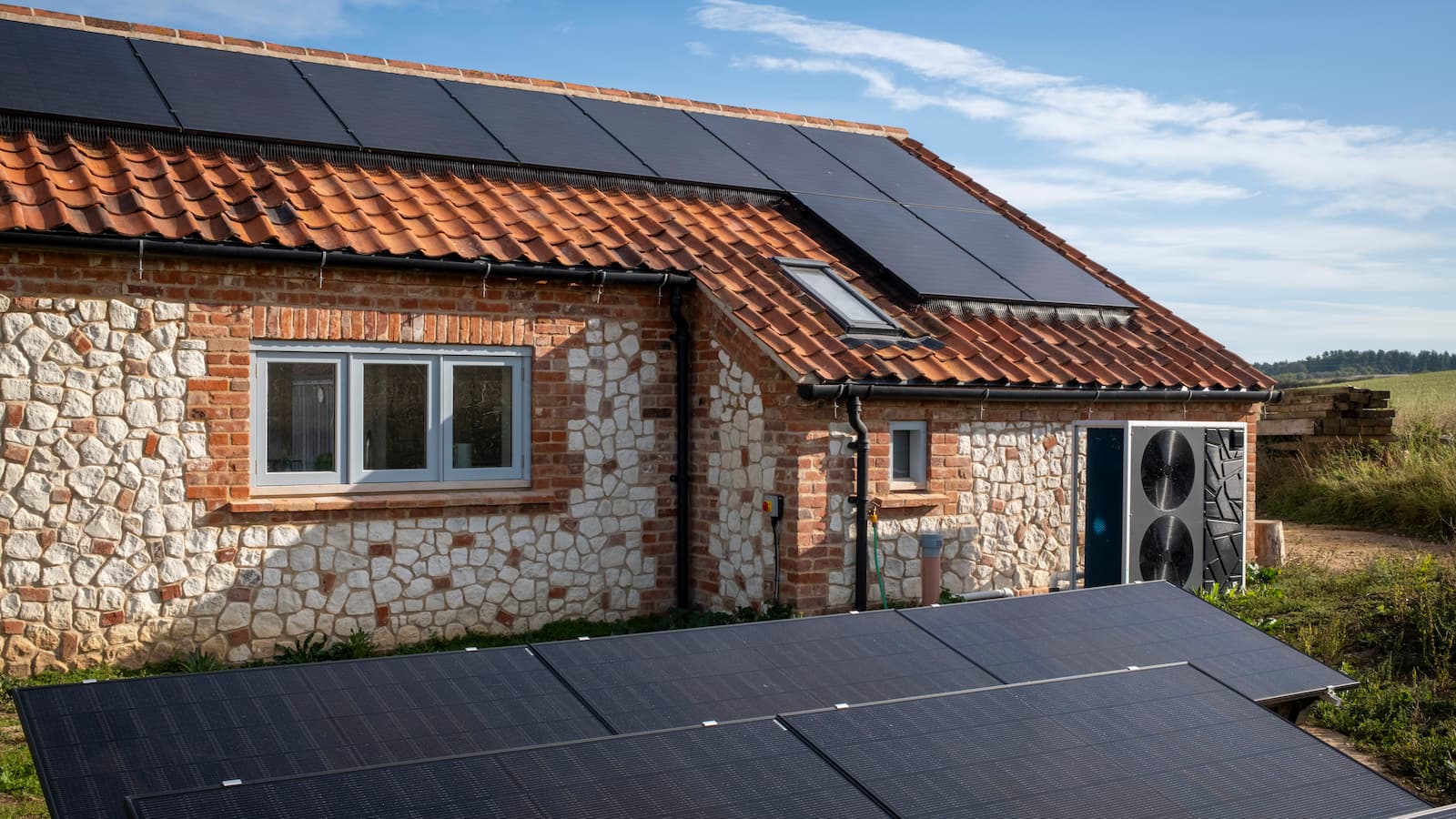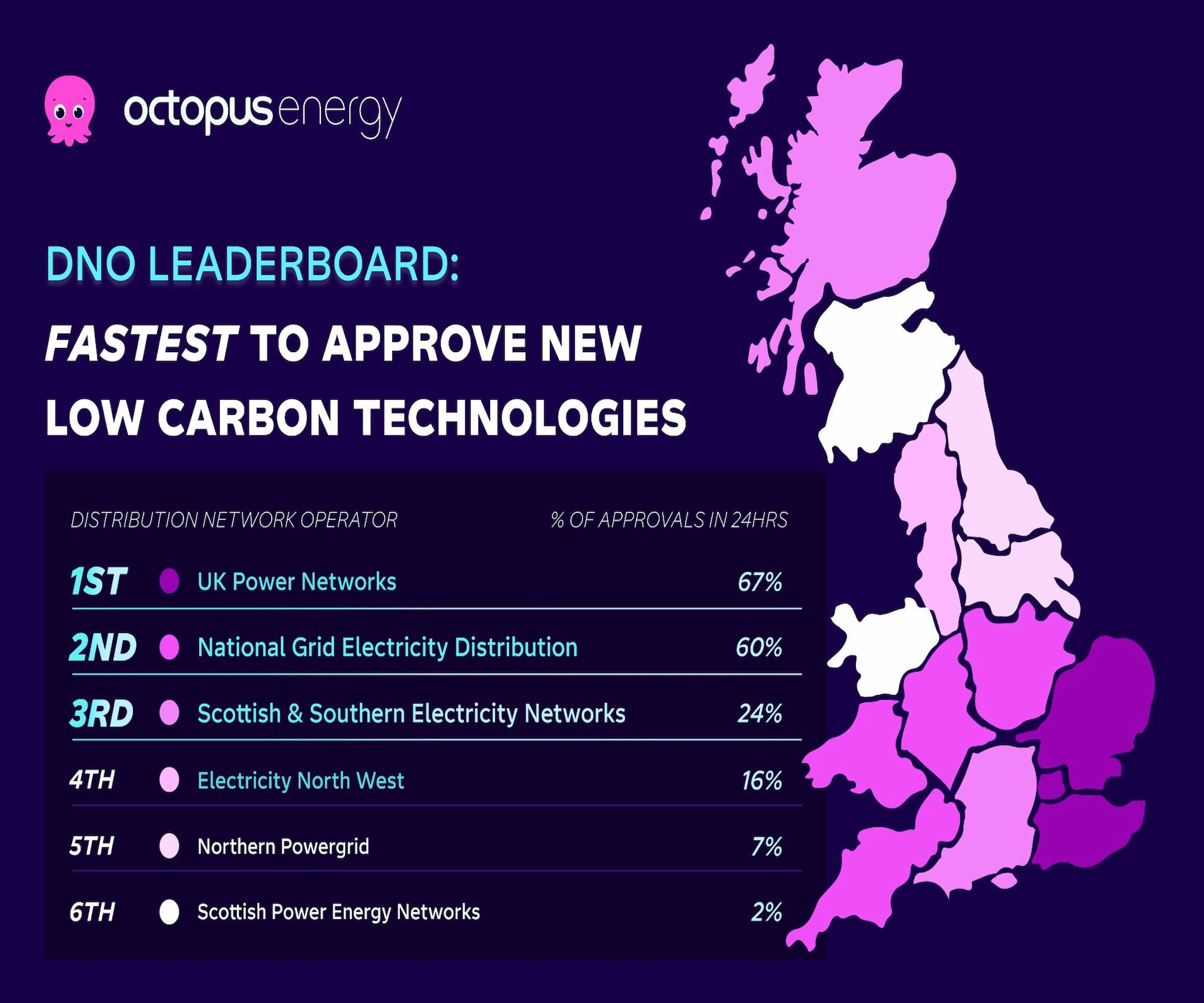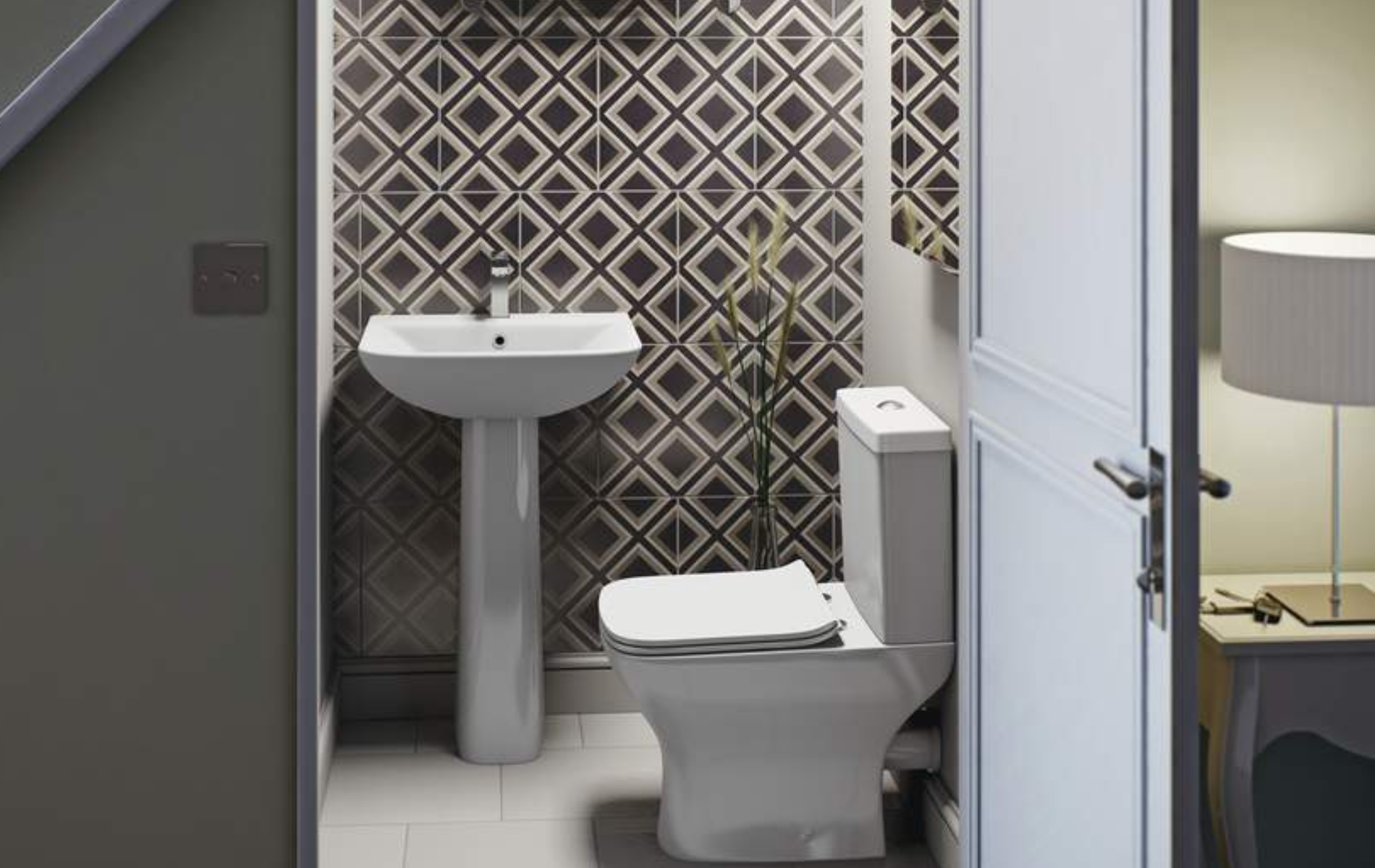'Postcode lottery' for heat pump and solar approvals exposed in new data
Octopus Energy releases new data showing where clean tech is approved fastest – and where households are left waiting up to 45 days

Bring your dream home to life with expert advice, how to guides and design inspiration. Sign up for our newsletter and get two free tickets to a Homebuilding & Renovating Show near you.
You are now subscribed
Your newsletter sign-up was successful
Homeowners looking to install heat pumps, solar panels, or EV chargers may find themselves caught in a postcode lottery, with approval times ranging from just one day to more than six weeks depending on where they live.
New data from Octopus Energy highlights significant regional variation in how quickly low-carbon home technologies are approved for installation, differences driven by the internal processes of regional electricity network operators.
As demand for clean energy solutions rises sharply across the UK, these inconsistencies are becoming more visible, raising questions about fairness and efficiency in the nation’s energy transition.
Who’s fastest at approving clean tech?
Octopus Energy has published a DNO leaderboard ranking network operators by average approval time for installations like heat pumps, solar panels and EV chargers. The results show a clear gap in performance.
Top performers:
- 1st – UK Power Networks (UKPN): 7-day average, 67% approved in 1 day
- 2nd – National Grid Electricity Distribution: 8-day average, 60% approved in 1 day
- 3rd – Electricity NorthWest: 12-day average, 16% approved in 1 day

Slower performers:
- 4th – SSEN: 14-day average, 24% approved in 1 day
- 5th – SP Energy Networks: 16-day average, 2% approved in 1 day
- 6th – Northern PowerGrid: 32-day average, 7% approved in 1 day
While top-ranking DNOs are able to greenlight two-thirds of applications within 24 hours, customers in lower-ranked areas often wait multiple weeks, with some solar panel approvals in Scotland averaging 45 days.
Bring your dream home to life with expert advice, how to guides and design inspiration. Sign up for our newsletter and get two free tickets to a Homebuilding & Renovating Show near you.
By contrast, fossil-fuel-based systems like gas boilers require no such approvals – highlighting a key inconsistency in the system.
Why approvals are needed, and why it matters
Low-carbon tech installations need approval from local DNOs to confirm that the electricity grid can handle the added load.
If the grid is already near capacity, upgrades may be required before installation can proceed.
Currently, there is no nationwide standard for how these applications are processed. Octopus Energy’s data points to a complex and inconsistent system, often referred to as a “postcode lottery” - where customer experience depends largely on location, rather than technology or need.
This comes as demand is surging. Octopus has seen a 144% increase in heat pump enquiries in 2024 compared to 2023, and the cost of solar panels has dropped to record lows. Efficient processing is becoming increasingly important for the UK’s energy transition.
Octopus calls for five priorities for faster approvals
In response to the findings, Octopus Energy is proposing a five-point action plan for DNOs and industry stakeholders:
- Expand auto-approvals: Many installations can be instantly approved if they meet basic criteria. Octopus urges DNOs to publish these criteria transparently and maximise their use.
- Set national approval deadlines: There is currently no official timeframe for DNO responses. Clear deadlines would offer more certainty to customers and installers.
- Simplify applications: The industry-wide ENA Direct Connect system should be streamlined to ensure a consistent, straightforward application process for all technologies.
- Update engineering standards: Use real-world data instead of conservative theoretical assumptions when assessing grid capacity. For example, increasing automatic solar thresholds from 3.68kW to 5kW could accelerate installs - a move UKPN has already adopted.
- Manage voltage levels proactively: With average UK grid voltages at 243V, Octopus recommends more dynamic voltage management and aligning standards with EU norms (230V ±10%) to enable more connections.
Octopus also encourages Ofgem and DNOs to publish more detailed, standardised data on approval performance to increase transparency across the sector.

News Editor Joseph has previously written for Today’s Media and Chambers & Partners, focusing on news for conveyancers and industry professionals. Joseph has just started his own self build project, building his own home on his family’s farm with planning permission for a timber frame, three-bedroom house in a one-acre field. The foundation work has already begun and he hopes to have the home built in the next year. Prior to this he renovated his family's home as well as doing several DIY projects, including installing a shower, building sheds, and livestock fences and shelters for the farm’s animals. Outside of homebuilding, Joseph loves rugby and has written for Rugby World, the world’s largest rugby magazine.
